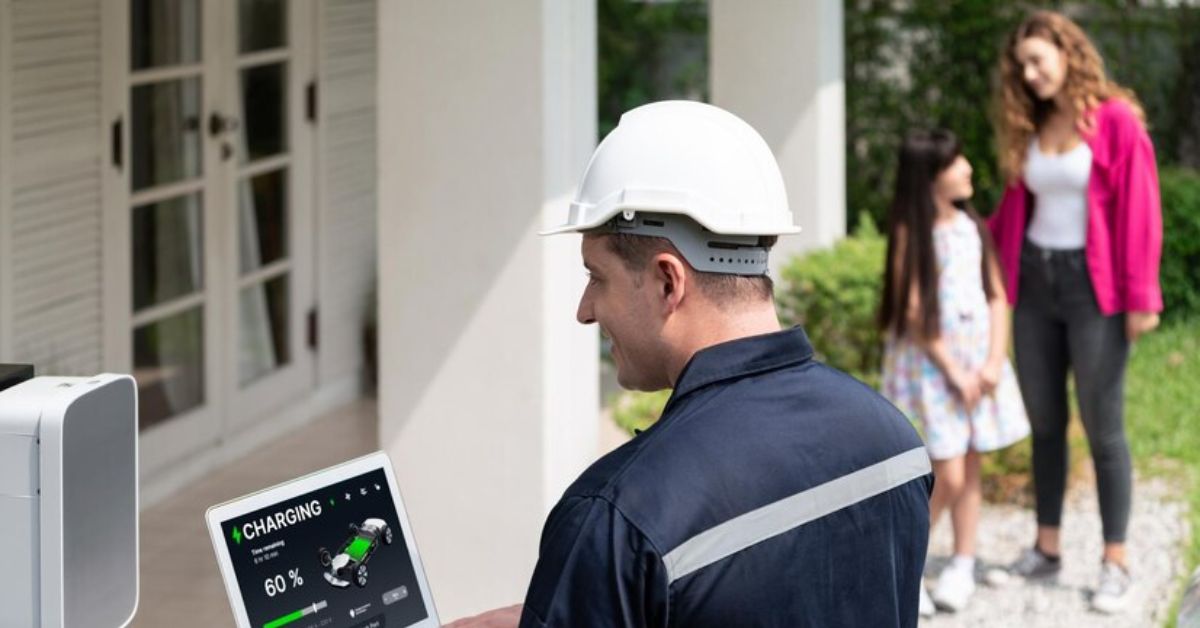Introduction
In today’s world, businesses of all sizes face a myriad of security threats, ranging from theft and vandalism to cyberattacks and natural disasters. A well-designed and professionally installed security system can provide the protection and peace of mind that businesses need to thrive.
This comprehensive guide will delve into the key aspects of commercial security system installation, from understanding your specific needs to choosing the right equipment and ensuring proper maintenance.
Assessing Your Security Needs
Before investing in a security system, it’s essential to conduct a thorough assessment of your business’s unique requirements. Consider the following factors:
- Building size and layout: Determine the number of access points, vulnerable areas, and potential blind spots.
- Valuable assets: Identify assets that need extra protection, such as inventory, equipment, sensitive data, or intellectual property.
- Risk factors: Assess the level of threat your business faces, including the likelihood of theft, vandalism, cyberattacks, natural disasters, or employee misconduct.
- Regulatory compliance: Ensure your security system meets industry-specific regulations and standards, such as HIPAA, PCI DSS, or local building codes.
Choosing the Right Security System Components
A commercial security system typically includes a combination of the following components:
- Surveillance cameras: Provide visual monitoring of your premises, both indoors and outdoors. Consider factors like resolution, field of view, night vision capability, and weather resistance.
- Access control systems: Manage entry and exit points, restricting unauthorized access. Options include card-based, biometric, token-based, or PIN-based systems.
- Alarms and sensors: Detect intruders and trigger alarms to alert authorities. Choose from motion detectors, door and window sensors, glass break detectors, or perimeter intrusion detection systems.
- Intercom systems: Enable communication between employees, visitors, and security personnel. Consider features like two-way audio, video intercom, and integration with other systems.
- Perimeter security: Barriers, fences, lighting, and other measures to deter intruders and create a physical barrier around your property.
Professional Installation
Proper installation is crucial for the effective operation of a commercial security system. Hiring a professional installation company offers several advantages:
- Expertise: Installers have the knowledge and skills to ensure optimal system performance, including proper cable routing, device configuration, and integration with other systems.
- Compliance: They can help you meet industry standards and regulations, ensuring your system is compliant with local laws and building codes.
- Warranty: Many companies offer warranties on their installations, providing peace of mind in case of any issues.
- Maintenance: They can provide ongoing maintenance and support, including regular inspections, software updates, and equipment repairs.
Key Considerations for Installation
When selecting a professional installation company, consider the following:
- Experience: Look for a company with a proven track record in commercial security system installations, especially in your industry or region.
- Certifications: Ensure they have the necessary certifications and licenses, such as those from industry organizations or regulatory bodies.
- References: Ask for references from previous clients to get insights into their experience and satisfaction with the company’s services.
- Cost: Obtain quotes from multiple companies to compare pricing and services. Be sure to consider factors like equipment costs, installation fees, and ongoing maintenance charges.
Ongoing Maintenance and Monitoring
A well-maintained security system is essential for its long-term effectiveness. Regular maintenance includes:
- Inspections: Conduct periodic inspections to identify and address any issues, such as damaged equipment, faulty wiring, or compromised access points.
- Software updates: Keep system software up-to-date with the latest security patches and features.
- Equipment maintenance: Ensure cameras, sensors, and other components are functioning properly and cleaned regularly to maintain optimal performance.
- Monitoring: Consider a professional monitoring service to provide round-the-clock surveillance and immediate response to alarms or security breaches.
Conclusion
A robust commercial security system is a valuable investment for businesses of all sizes. By carefully assessing your needs, choosing the right components, and ensuring proper installation and maintenance, you can create a secure and protected environment for your employees, customers, and assets. Remember, a well-designed and well-maintained security system is not just a deterrent to crime but also a valuable tool for risk management and business continuity.











